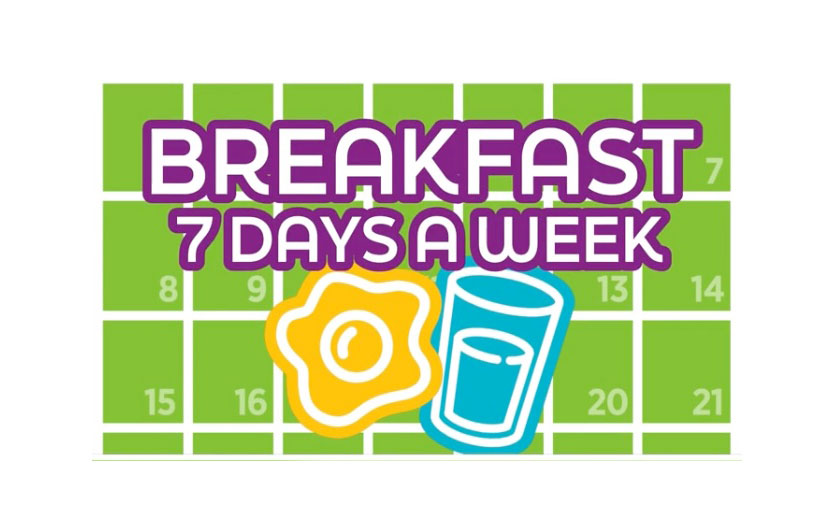.jpg)
It’s not uncommon for children to get a fever, and it’s usually a sign that their body is fighting an infection. However, this common occurrence can still be nerve-racking for parents and caregivers wanting to relieve their child’s discomfort. Reshma Khatri, MD, PPG – Pediatrics, offers some helpful insight and guidance on popular fever-reducing medications along with when to seek medical intervention.
What a fever means
A fever is a physiological response letting you know that something is happening within your body. It is a temporary increase or abnormal rise in body temperature due to an illness. In most cases, a fever is not a cause for alarm, but a fever could indicate a severe infection for infants and toddlers.
Treating a fever
Fever reducers like acetaminophen and ibuprofen can help decrease a child’s discomfort from fever and pain and are most effective when dosed according to weight rather than age. Let’s take a closer look at each one.
- Acetaminophen: An oral dose of acetaminophen is 10-15 mg/kg (a maximum of 1 g) by mouth every 4-6 hours but should not exceed five doses within 24 hours. There is also a rectal acetaminophen suppository option available for children who cannot keep the oral medication down due to vomiting. However, no matter which option you choose, it’s crucial that parents and caregivers always check with their provider regarding the maximum dose. An overdose of acetaminophen could be lethal and occur if administered simultaneously with combination cough and cold remedies containing the same drug. Please make sure all medication administration is supervised and accompanied by clear dosing instructions.
- Ibuprofen: For children more than six months old, parents and caregivers may utilize ibuprofen for fever and pain control. An oral dose of ibuprofen is 10 mg/kg by mouth every 6-8 hours with a maximum daily dose of 40 mg/kg up to 2.4 g/day. It’s also important to remember that ibuprofen is a fast-acting medication that typically begins to take effect in less than 60 minutes and continues to work for around eight hours. Adverse effects that could occur with the use of ibuprofen may include gastritis and gastrointestinal bleeding. However, when administered at appropriate levels and taken with food, ibuprofen is generally a safe and effective fever reducer.
.jpg)
A word of warning
Alternating ibuprofen and acetaminophen should only be an option if your child’s distress or discomfort persists with one medication. Should you need to alternate medicines, please speak with your provider for specific instructions pertaining to your child.
Furthermore, children taking fever-reducing medications should never take cough and cold remedies in combination because they often contain the same drugs. Ingesting both could lead to an accidental overdose. Parents and caregivers should also never use aspirin to reduce a child’s fever because of its association with Reye’s syndrome and liver problems. I would also caution parents to check the strength and concentration of any medication and double-check the dosage with a provider before administering it to their child.
When to see a doctor
Unexplained fevers in infants and young children could be a sign of something more severe, so it’s best to contact your pediatrician or primary care provider rather than continue treating the fever at home if your child displays any of the following:
- If your child is three months old or younger and has a fever greater than 100.4 degrees Fahrenheit
- If your child is three months old or older and has a fever greater than 101.5 degrees Fahrenheit
- If your child is vaccinated and healthy but is still running a fever that continues to increase over the next 24-48 hours
- If your child is unvaccinated, immunocompromised, has sickle cell disease or another illness that increases their chance of infection
- If your child exhibits any other signs or symptoms that worry you
Finally, caregivers must also monitor their child’s general appearance and watch for signs of severe illness or distress such as lethargy, a stiff neck, a rash, altered mental status, their child’s activity level, fluid intake and temperature. Also, I strongly encourage all parents and caregivers to contact their child’s pediatrician or primary care provider if they are ever in doubt about what to do next or what a fever might mean.




